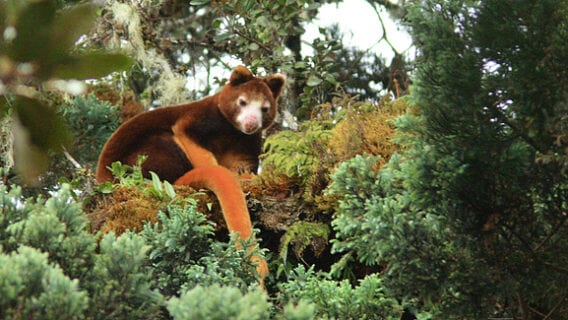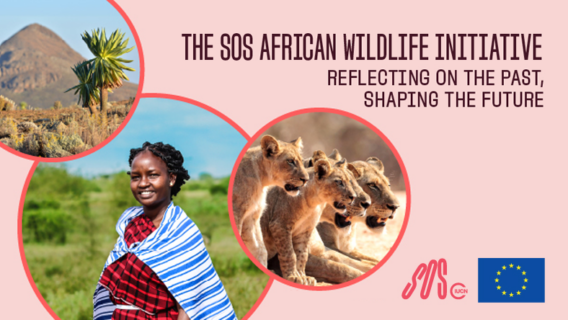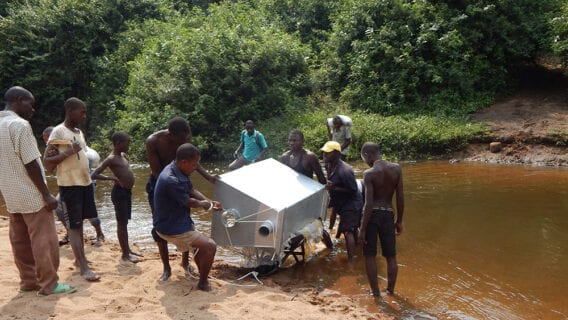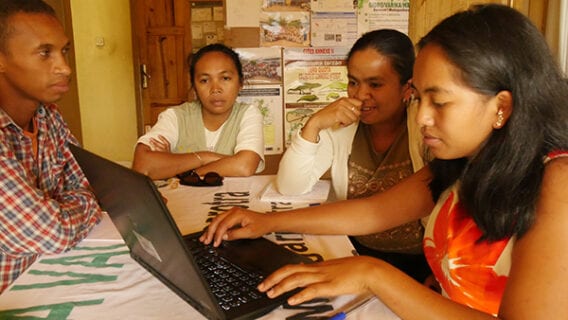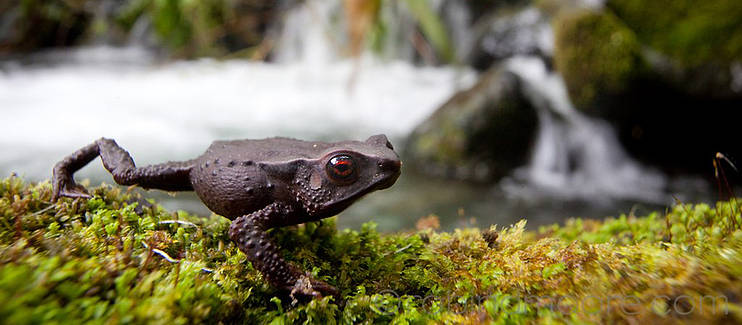
Project
Protecting and Restoring Key Sites for Globally Threatened Amphibians
Duration
2010 - 2011
Location
Colombia, Indonesia, Sri Lanka
Species protected
Pseudophilautus lunatus
Pseudophilautus lunatus
Pseudophilautus ocularis
Pseudophilautus ocularis
Pseudophilautus procax
Pseudophilautus procax
Project objectives
- 2 new species discovered:
Two species believed to be entirely new to science, in addition to numerous other threatened species, have been safeguarded by the creation of a new protected area, tackling the number one threat to species in this region – habitat loss. The discovery of new species is vitally important – if we don’t know that something is there, we cannot protect it. The two species, once described, can be assigned a threat category and prioritized for conservation. Luckily, thanks to this project, these species will be around long enough to assign them a Red List Category. This proactive approach is critical to protecting species that have yet to even be described if we know them to be at risk of extinction.
Threats

Climate change

Diseases

Habitat loss & degradation
- New protected area & incredible variety of species (important for medicine):
A research and forest guard station has been constructed thanks to the support of SOS – it will allow the protection and management of this area in the Chocó Department of Colombia – one of the richest regions in terms of amphibians in the world, with many threatened species. - Forest guard – enforcing protection:
A forest guard has been employed and is now situated full time at the Reserve. This will be critical in terms of enforcing protection of the area, in addition to sensitizing local communities to the importance of these actions. - Ecotourism and local communities:
Ecotourism is a means of supporting the project in the long term. Paying guests are already frequenting the station, providing a revenue source to support the protection and management of the park. In addition, local communities are being sensitized to the importance of amphibians and the value of ecotourism in generating income – this goes hand-in-hand with conservation.
This project is implemented by Wildlife Conservation Society.

